The explosion of digital information, or data, is one of the most important developments of our time. The emerging data economy is growing faster than other industries, offering companies new business opportunities. In fact, almost all businesses already need data to be successful – whether they realise it or not.
Finnish companies have no time to lose if they want to keep up with the growth of the data economy. But Finland is not alone: the whole of Europe has a lot to learn compared to the US and China, which are the biggest players in today’s data economy market.
Sitra’s goal is for Finland to become an international leader in the fair and sustainable data economy.
Networks create added value from data
Innovation ecosystems Innovation ecosystem A network of members working together to create business and innovation, or to conduct research or otherwise create added value through collaboration. Open term page Innovation ecosystem are networks of businesses and other actors, such as research institutions and organisations from different sectors. Data is often the starting point or enabler of innovation, as networks seek to create added value.
Thanks to digitalisation, many companies have developed ways to collect, store, analyse and present different types of data. Data is being used in decision making and many business leaders are waking up to the need to extract more value from data.
Companies have also launched projects to find new data-driven products, services and business models.
We asked three business leaders working in the data economy and innovation ecosystems what Finnish companies should understand and do now to seize the potential offered by the data economy to develop their business and boost their competitiveness.
Jumping on the data economy bandwagon requires a new kind of boldness from businesses
The basic idea of the data economy is simple: share data with others to increase its value. By becoming better equipped to use data, companies will become increasingly competitive. In this race, the fast will beat the slow.
So, what’s the catch? The barrier to the data economy is not a lack of suitable data, but a lack of common tools and fair rules.
”Trust is the foundation, but companies also need to be inquisitive and believe in the usefulness of data.”
Mari Zabihian, Kemira
Industrial chemicals manufacturer Kemira, has identified the opportunity to produce data-driven digital services that could be easily customised to meet client needs. Ideally, tailor-made solutions could be created for each customer using their data.
However, the challenge may be that customers are reluctant to hand over their data to another company.
Mari Zabihian, Senior Manager, Digital Services, Kemira Pulp & Paper, understand companies that are protective of their data, but also encourages courage: “If you are a data sharing partner, you need to understand what data you have and what can be shared so that you are not overly cautious. Trust is the foundation of everything, but companies also need to be curious and believe in the usefulness of data.”
“Put your data in trusted hands and discover new things from it.”
Mari Zabihian, Kemira
Leveraging data for sustainable business
Data should also be used to develop more sustainable businesses. For example, it can help companies reduce their environmental impact.
Paptic, a manufacturer of wood fibre-based recyclable packaging material that replaces thin plastic, focuses on doing the right things, including measuring environmental performance.
The company’s financial and sustainability decisions are based on data, which it also uses to measure the sustainability of its operations. The data helps to assess the positive impact of the solutions created when switching from fossil-based plastic to packaging made from renewable raw materials.
“The data helps us to calculate the overall impact of the raw materials and manufacturing of our materials. Based on the data collected, we can analyse where we can still reduce emissions in the short and long term,” says Hanna Kalliomäki, Sustainability Director at Paptic.
“The more comprehensive high-quality data that is available throughout the value chain, the better we can assess the sustainability of products throughout their life cycle.”
Hanna Kalliomäki, Paptic
“In order to mitigate climate change, we need to understand the current situation and identify the potential to reduce emissions. Only with this knowledge can we act with ambition. For our customers, moving away from fossil-based plastics is crucial. The more comprehensive high-quality data is available we have on the entire value chain, the better we can assess the sustainability of products throughout their lifecycle,” explains Kalliomäki.
As the role of data becomes more important, the relevant legislation will also evolve and increasingly guide companies’ activities. In the EU, for example, there is talk of a digital product passport. This would help create data information that would enable consumers to make more responsible choices and promote the circular economy.
“This is an example of how companies need to invest more and better in the collection, use and management of data. Data is the key to transparency, internal development and verifiable transparency for external stakeholders,” says Hanna Kalliomäki.
Practical examples illustrate the value of data
Industrial value chains have long shared data to improve supply chain efficiency, product development and security of supply.
In industry, process data is often closely guarded to prevent the leakage of trade secrets. The fear is that a skilled data processor might be able to mine the mass of data for information that is critical to the company’s existence.
“Data assets are part of a company’s value. Because data is precious, it is shared prudently,” says Miika Kaski, Commercialisation and Networks Lead at technology company Sandvik.
“We need bold experiments to find common ways to identify and create new value from data.”
Miika Kaski, Sandvik
The need to share data may already be recognised by many companies, but the benefits and value of doing so may not be. Creating value across multiple stakeholders can also be perceived as difficult.
“We need bold experiments to find common ways to identify and create new value from data,” Kaski insists, citing the example of the mining industry:
“When a battery in a mining machine reaches the end of its life cycle, it is usually either safely disposed of or recycled. However, some types of batteries could still be used, for example as energy banks, even if the battery is no longer suitable for use in machinery.”
However, to extend the life cycle of batteries, it is necessary to look at both the battery stock that is approaching the end of its life and the projects where batteries are needed for energy banking. By looking at battery lifecycle data, it is possible to pinpoint when and where it would be advisable to transfer the battery for secondary use.
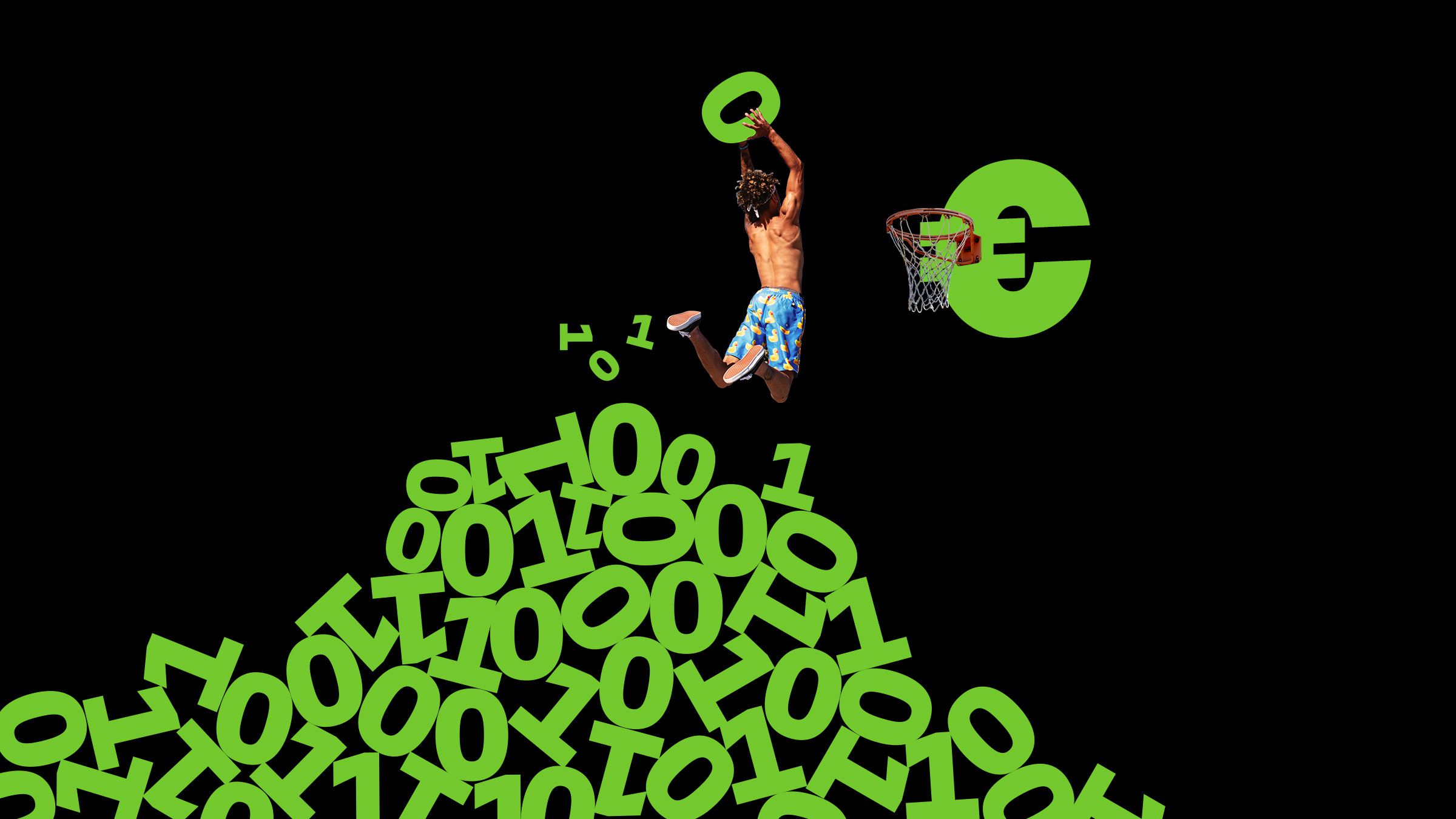








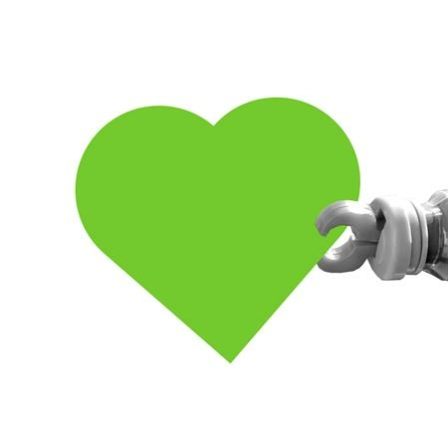




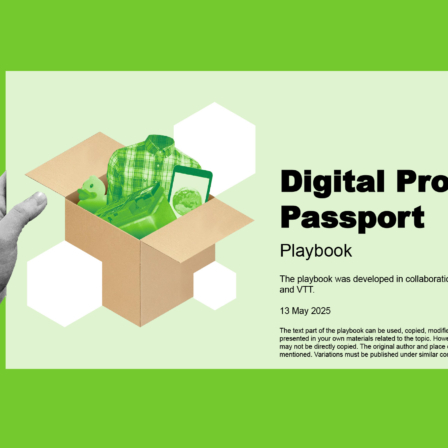


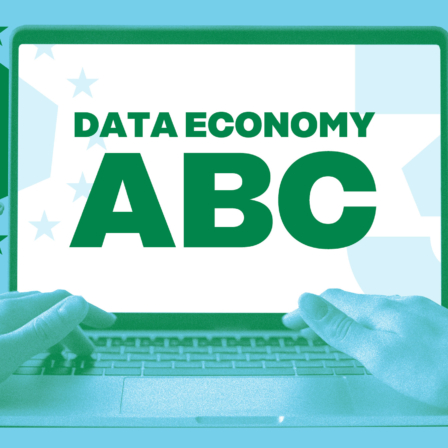
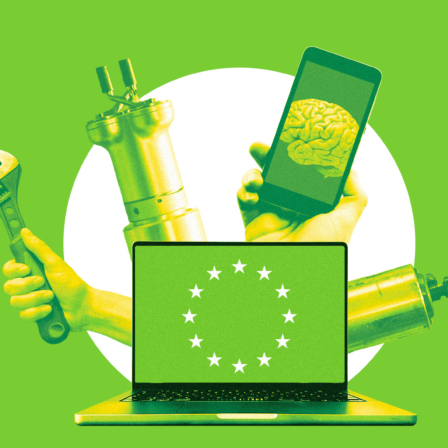
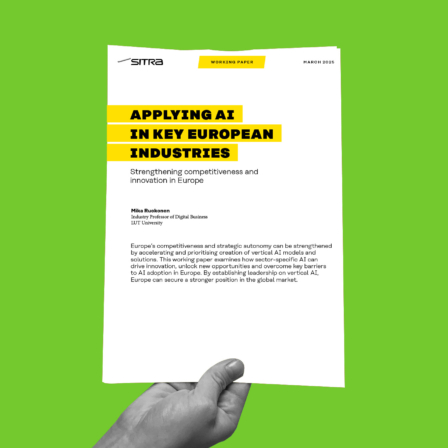
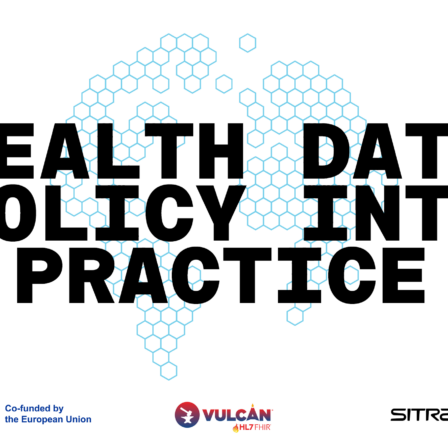

Recommended
Have some more.